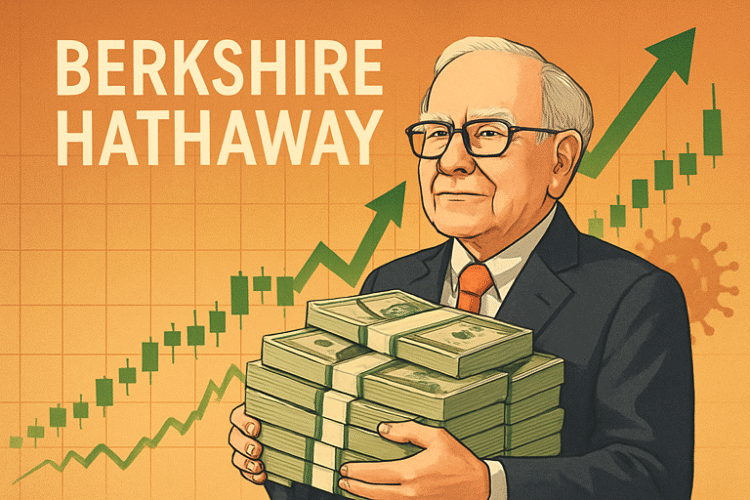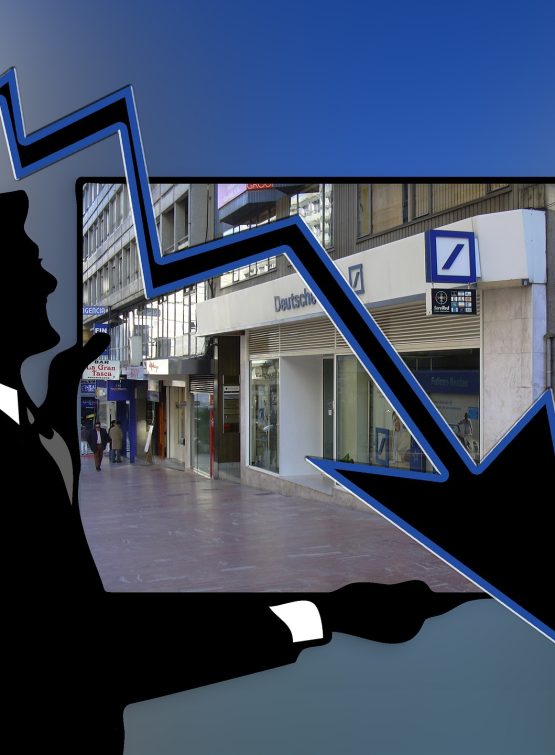Warren Buffett’s Berkshire Hathaway has built an unprecedented cash pile, nearly $348 billion, or almost 30% of its assets by early 2025, while trimming equity positions even as global markets reach record highs. This cautious approach sends a strong message that having cash on hand provides investors with the flexibility to take advantage of market corrections. It reflects important lessons learned from the COVID-19 crash, where patient investors turned challenges into significant gains.
Why Hold Cash When Markets Boom?
1. Lack of Bargains at Current Valuations
As of 21st July 2025, Indian indices like the Nifty 50 (25,090 points) and Sensex (82,200) along with the S&P 500 (6,350) and Nasdaq 100 (23,240) in the US, are all trading close to or at all-time highs. These levels leave little margin of safety for new investments.
Buffett’s approach is to only deploy capital into equities when attractive discounts to intrinsic value exist. In an environment flush with optimism, Berkshire has been a net seller, reducing stakes in Apple and major banks, choosing cash over overstretched valuations.
2. Volatility and Fast-Moving Markets
Today’s markets, amplified by algorithmic trading and massive retail participation, can swing sharply. This creates both risks and opportunities; sudden corrections (as in early 2020 and 2025) can erase months of gains in days, allowing those with cash to buy bargains, while those without may be forced to sell at a loss.
3. Macro Risks and Uncertainty
Geopolitical tensions, uncertainty in monetary policy, inflation, and shifting global growth add to downside risks. Experience shows that major market drops often follow periods of complacency. Holding cash is prudent “portfolio insurance”, offering both safety and the readily available funds for future opportunity.
Benefits of Cash: Lessons from the COVID-19 Crash
During the March 2020 COVID-19 selloff, global equity indices plunged 30–40% within weeks. Investors who held cash and deployed it during the chaos were able to purchase high-quality stocks at steep discounts. Some large caps became true multi-baggers for patient investors.
Major Large-Cap Winners from COVID-19 Lows
| Company | Low Price (March 2020) | June-2025 | Gain (x) | What Drove Recovery? |
| Reliance Ind | ₹394 | ₹1500 | 3.8x | Digital/Future-Retail bets |
| Bajaj Finance | ₹220 | ₹936 | 4.25x | Fintech, lending resilience |
| HDFC Bank | ₹740 | ₹2,000 | 2.7x | Retail growth, asset quality |
| TCS | ₹1,506 | ₹3,462 | 2.3x | Global IT demand surge |
| Larsen & Toubro | ₹670 | ₹3,668 | 5.47x | Infra & defense spending |
| Infosys | ₹510 | ₹1,600 | 3.13x | Cloud, tech demand |
| Apple (US) | $53.5 | $205 | 3.83x | Services, strong earnings |
| Microsoft (US) | $135 | $497 | 3.7x | Cloud, AI, recurring rev. |
| Nvidia (US) | $6.6 | $157.9 | 23.9x | AI/data center boom |
Most of these stocks saw little change in their long-term fundamentals, yet prices were temporarily crushed by fear and uncertainty. Investors who used cash reserves to buy during the panic benefited from multi-year, multi-bagger gains.
Cash as Optionality: The Power to Buy When It Counts
Buffett describes cash not as an investment, but as an option to buy “elephants” when they appear. In 2020, he largely observed from the sidelines, waiting for deals that met his stringent value criteria. Since then, he’s cut positions, grown cash, and increased buybacks, wary of market froth.
This “optionality” is especially potent during crashes. For individual investors who may lack Buffett’s scale but can copy his patience, cash reserves allow you to:
- Resist selling in panic, affording you peace of mind during volatility.
- Act quickly to buy quality businesses at fire-sale prices.
- Diversify entry points, averaging into markets at more favorable valuations.
Why the Berkshire Approach Makes Sense Today
1. Historical Perspective
Berkshire’s cash was under 10% of assets between 2015–2023. From 2024, cash soared to nearly 30% as Buffett exited expensive markets, resisting pressure to chase returns. This wasn’t market timing; it was an aversion to overpaying when history suggests better chances will come.
2. Buybacks Over Blind Expansion
Instead of buying merely for the sake of asset growth, Berkshire expanded its buybacks, returning capital to shareholders at times when its own stock was “a better value” than alternatives; a move rooted in value discipline.
3. Psychological Benefit
Holding cash provides investors with confidence and patience. It avoids forcing poor decisions during downturns and allows a more rational, opportunistic mindset.
Practical Takeaways for Individual Investors
- Don’t be fully invested at any price. Like Berkshire, raise cash via profit-taking in overvalued positions, or by pausing aggressive new purchases.
- Build a watchlist of strong large caps, noting their COVID-19 crash performance. When opportunity knocks, you’ll know what to buy.
- Don’t just wait for the next crash. Partial allocation in cash cushions the journey, supports risk management, and smooths portfolio volatility—even if markets trend higher for a while.
- Study market history, not just projections: Major multibaggers often emerge from irrational selloffs, not in stable, euphoric bull markets.
Recent Examples: How Cash Turned Crisis Into Wealth
When the market collapses, even the bluest chip can become a future superstar for those with liquidity and courage:
- Reliance Industries fell below ₹400 in March 2020, tripled in three years on digital and retail expansion.
- Apple and Microsoft plummeted in early 2020 but rebounded strongly, each more than tripling by mid-decade due to new revenue streams and product launches.
- Nvidia, once a niche chipmaker, turned early 2020’s despair into an AI sensation, rising over 20x as of July 2025.
Conclusion: Cash isn’t Idle; It is positioning for Opportunity
As Buffett’s example shows, cash is always not a drag on returns but the ultimate opportunity reserve. It’s what lets you take action when markets overshoot to the downside, like in March 2020, or the many corrections before and since.
With indices near highs, prudent investors can follow the Berkshire blueprint: hold cash, wait for value, and be ready to act decisively when fear rules and great companies go on sale. The best investments often come disguised as crisis. A war chest of cash means you’ll be prepared when the next chapter arrives.
Disclaimer:
I provide the information and my views on the website only to educate people, new investors, and stock market enthusiasts on equity and other market investments. Please consult a SEBI registered financial advisor before making any investments in the stock or commodity markets. In case of any queries, you can contact me on Contact Form or email: admin@valueinvestingonline.in.




